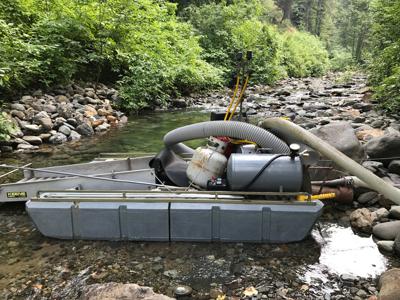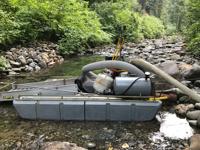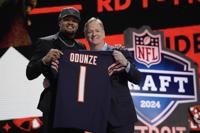A bill that aims to improve water quality and protections for endangered salmon by restricting suction dredge mining met with the Senate’s approval Thursday.
The bill, HB 1261, would prohibit suction dredge mining in all critical habitat areas at all times. Other forms of mineral prospecting would still be allowed.
The legislation now moves to Gov. Jay Inslee, who is expected to sign it into law.
The Senate approved the bill through a 37-10 vote on Thursday, following the Washington State House of Representatives’ approval of the bill with a 60-35 vote on Feb. 12. Sens. Jim Honeyford, R-Sunnyside, and Curtis King, R-Yakima, voted no. Sen. Judy Warnick, R-Moses Lake, and Maureen Walsh, R-College Place, voted yes.
Suction dredge mining is a motorized prospecting method in which miners use a high-pressure water pump to vacuum up rocks, gravel and sediment from the bottom of rivers and creeks in their search for gold and other precious minerals.
Prospectors have said they are mindful about their impact on the environment and follow protocols that protect fish. But environmentalists said prospectors don’t always follow the rules, hurting endangered steelhead and salmon.
The Washington Department of Fish and Wildlife, the agency that monitors the dredging, supported the bill in February.
Crystal Elliot, the Washington habitat director for Trout Unlimited, said taxpayers have invested for years in restoring water quality and fish habitat, an investment countered by outdated motorized dredging laws.
“Today, our lawmakers remedied this glaring oversight in our regulations,” she said.
If signed, the bill will become effective later this year.









(0) comments
Comments are now closed on this article.
Comments can only be made on article within the first 3 days of publication.